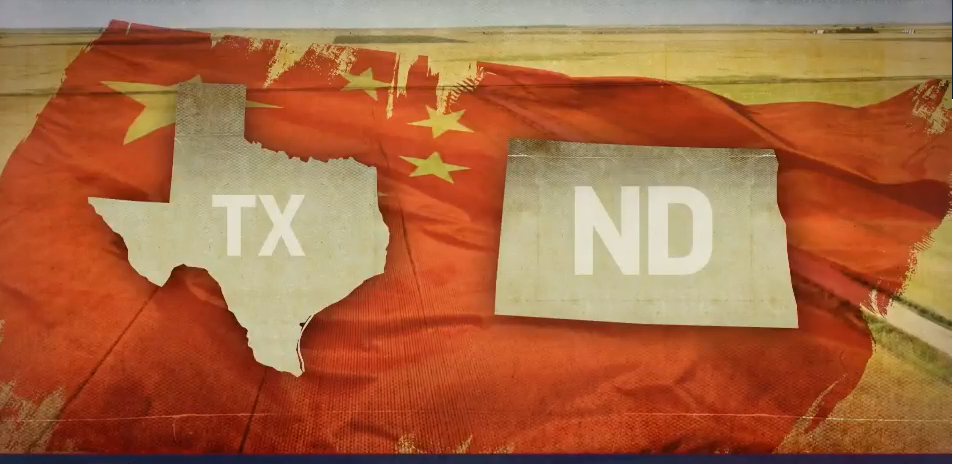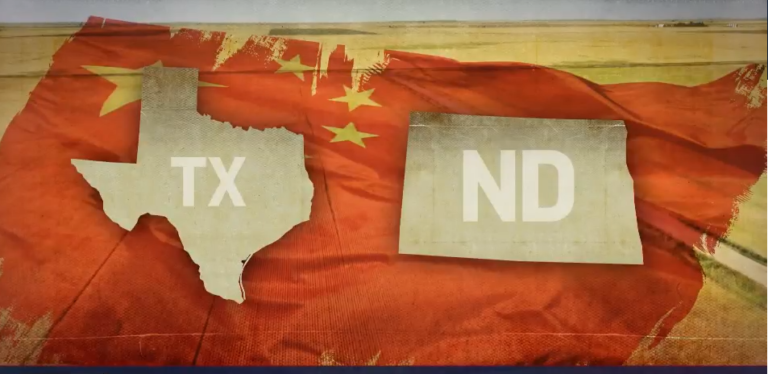In recent years, there has been a growing concern among Americans about foreign investment in U.S. farmland, with particular attention paid to China. Rumors and headlines about China acquiring vast tracts of American agricultural land have raised questions about the potential implications for food security and national sovereignty. In this article, we will delve into the reality behind these claims, exploring what we have discovered about China’s involvement in U.S. farmland.

The Numbers:
To assess the extent of China’s involvement in U.S. farmland, we must first look at the numbers. According to the U.S. Department of Agriculture (USDA), foreign investors, including China, held an estimated 35.2 million acres of U.S. farmland in 2020. While this number may seem significant, it represents just 2.7% of all privately held farmland in the United States. Moreover, this figure has remained relatively stable over the past two decades, with only a modest increase since 2000.
The Types of Investments:
It’s essential to differentiate between various types of investments in U.S. farmland. Foreign investors may purchase land for a variety of purposes, including agricultural production, forestry, and real estate development.
While it is true that some Chinese companies have acquired agricultural land in the U.S., it is essential to understand that not all of these acquisitions are aimed at food production.
Many Chinese investments in U.S. farmland are focused on specialty crops, such as nuts, fruits, and wine grapes. These crops cater to niche markets and have limited direct implications for food security. Additionally, some Chinese investors buy land for conservation purposes or as an investment, rather than for active farming.
Regulations and Restrictions:
The acquisition of U.S. farmland by foreign entities is subject to various regulations and restrictions at both the federal and state levels. These rules are designed to safeguard national interests and ensure that foreign investors do not jeopardize food security or control essential resources.
One of the primary federal laws governing foreign ownership of agricultural land is the Agricultural Foreign Investment Disclosure Act (AFIDA). This law requires foreign investors to report transactions involving agricultural land to the USDA. Moreover, some states have enacted additional regulations and restrictions on foreign land ownership.
It’s worth noting that, in practice, many Chinese investments in U.S. farmland involve long-term leases rather than outright ownership. These leases typically last for several decades and are subject to the same regulations as land ownership.
Food Security Concerns:
One of the most significant concerns regarding China’s involvement in U.S. farmland is the potential impact on food security. Critics argue that foreign ownership or control of American agricultural land could compromise the nation’s ability to feed its population during times of crisis.
While this concern is valid to some extent, it’s crucial to recognize that the majority of U.S. farmland remains in the hands of American farmers. Moreover, the U.S. government has tools and policies in place to ensure that food production remains a top priority, even in the face of foreign ownership or control of agricultural land.

Conclusion:
In conclusion, the notion that China is rapidly acquiring U.S. farmland is more nuanced than it may appear. While some Chinese investments in American agriculture do exist, they represent a relatively small portion of overall farmland ownership. Regulatory mechanisms are in place to monitor and control foreign investment in U.S. farmland, mitigating potential risks to food security and national interests.
As we continue to navigate the complex landscape of international investments in agriculture, it is essential to approach the issue with a balanced perspective, recognizing both the potential benefits and challenges associated with foreign involvement in U.S. farmland.











+ There are no comments
Add yours